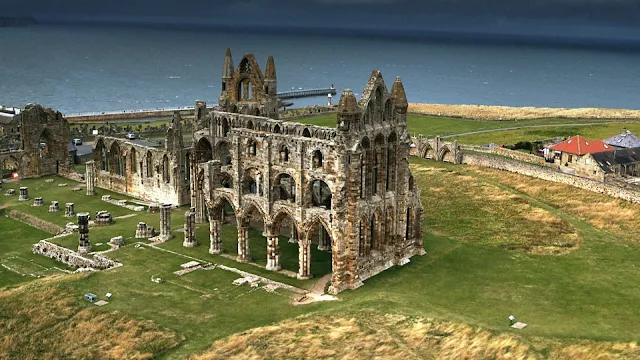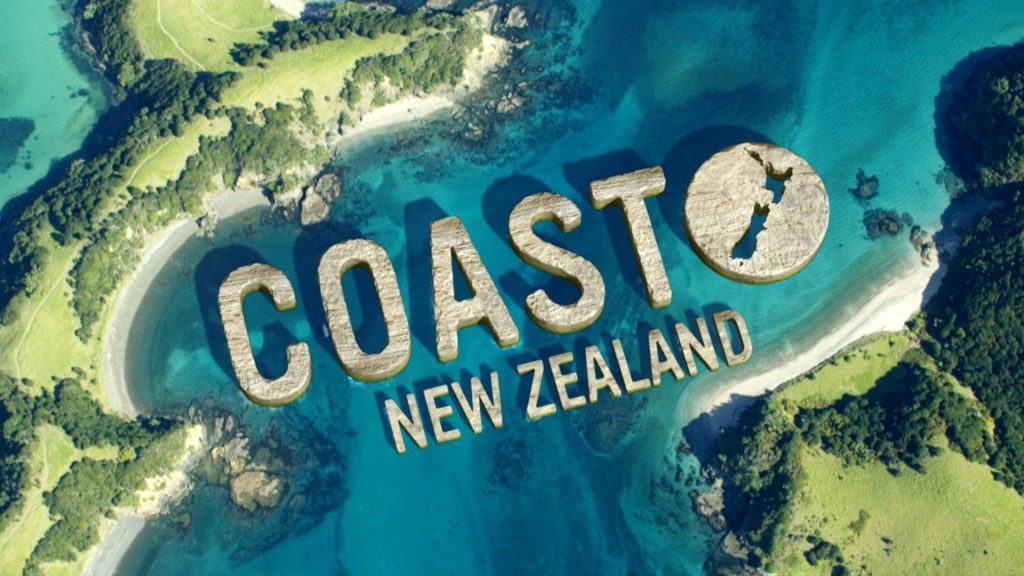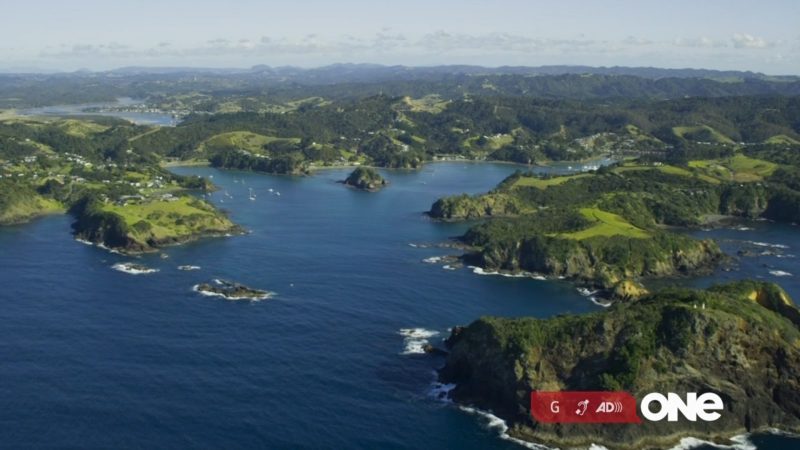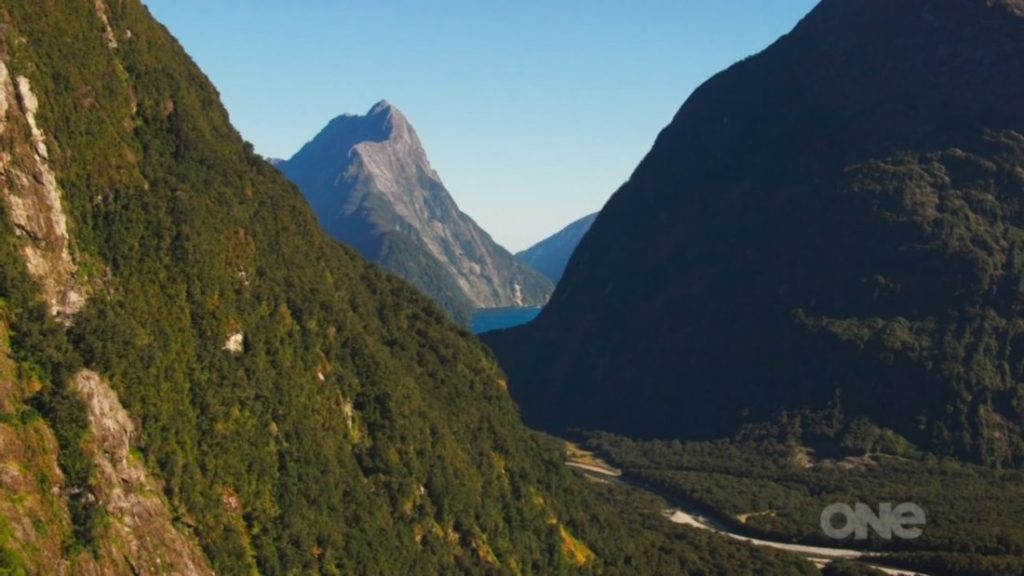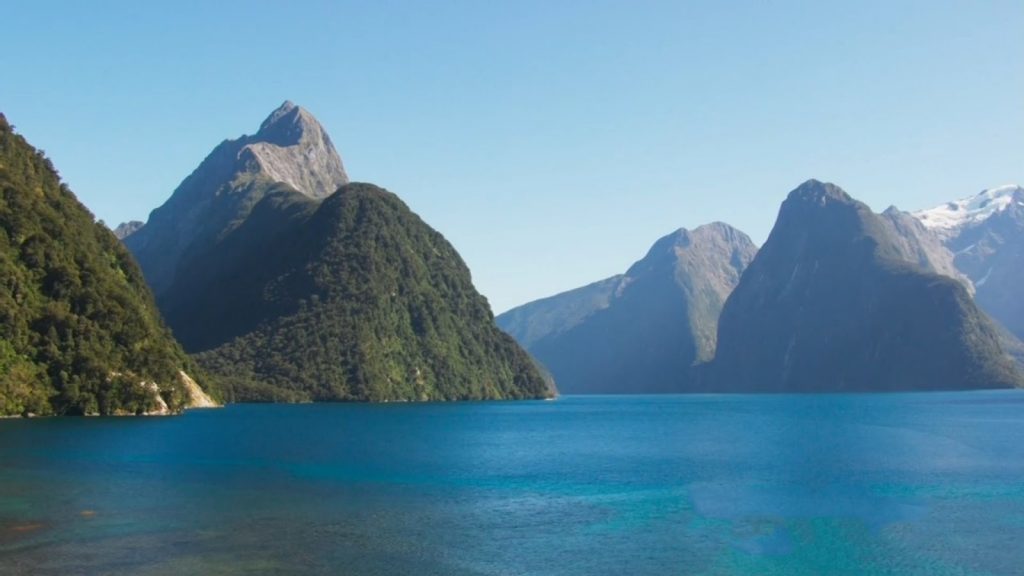Aerial Britain episode 2 – Northern England: birthplace of the Industrial Revolution, the Beatles, and a long list of mythical, historical, and literary legends. From Hadrian’s Wall, the ancient stone boundary that stretches across the country, to the brooding Yorkshire Moors, the setting for Emily Brontë’s Wuthering Heights, this aerial tour explores the region’s most dramatic natural and manmade landmarks.
The success of exploring the United States from the sky in “Aerial America” has inspired a version that takes viewers on a similar journey of Britain. Filmed from helicopters and drones outfitted with high-definition cameras, the series highlights four regions — Northern and Southern England, Wales, and Scotland — and features views of iconic landmarks, both natural and man-made, plus monuments off the beaten path. Included are explorations of England’s highest mountain, Scafell Pike; the secret hideaways where Led Zeppelin and Queen made music history; and a tiny island that once held an illustrious prisoner, Mary Queen of Scots.
Aerial Britain episode 2
Industrial Revolution
The Industrial Revolution was the transition to new manufacturing processes in Great Britain, continental Europe, and the United States, in the period from about 1760 to sometime between 1820 and 1840. This transition included going from hand production methods to machines, new chemical manufacturing and iron production processes, the increasing use of steam power and water power, the development of machine tools and the rise of the mechanized factory system. Output greatly increased, and a result was an unprecedented rise in population and in the rate of population growth.
Textiles were the dominant industry of the Industrial Revolution in terms of employment, value of output and capital invested. The textile industry was also the first to use modern production methods.
The Industrial Revolution began in Great Britain, and many of the technological and architectural innovations were of British origin. By the mid-18th century, Britain was the world’s leading commercial nation, controlling a global trading empire with colonies in North America and the Caribbean. Britain had major military and political hegemony on the Indian subcontinent; particularly with the proto-industrialised Mughal Bengal, through the activities of the East India Company. The development of trade and the rise of business were among the major causes of the Industrial Revolution.
The Beatles
The Beatles were an English rock band, formed in Liverpool in 1960, that comprised John Lennon, Paul McCartney, George Harrison and Ringo Starr. They are regarded as the most influential band of all time and were integral to the development of 1960s counterculture and popular music’s recognition as an art form. Rooted in skiffle, beat and 1950s rock ‘n’ roll, their sound incorporated elements of classical music and traditional pop in innovative ways; the band later explored music styles ranging from ballads and Indian music to psychedelia and hard rock. As pioneers in recording, songwriting and artistic presentation, the Beatles revolutionised many aspects of the music industry and were often publicised as leaders of the era’s youth and sociocultural movements.
Led by primary songwriters Lennon and McCartney, the Beatles evolved from Lennon’s previous group, the Quarrymen, and built their reputation playing clubs in Liverpool and Hamburg over three years from 1960, initially with Stuart Sutcliffe playing bass. The core trio of Lennon, McCartney and Harrison, together since 1958, went through a succession of drummers, including Pete Best, before asking Starr to join them in 1962. Manager Brian Epstein moulded them into a professional act, and producer George Martin guided and developed their recordings, greatly expanding their domestic success after signing to EMI Records and achieving their first hit, “Love Me Do”, in late 1962. As their popularity grew into the intense fan frenzy dubbed “Beatlemania”, the band acquired the nickname “the Fab Four”, with Epstein, Martin and other members of the band’s entourage sometimes given the informal title of “fifth Beatle”.
